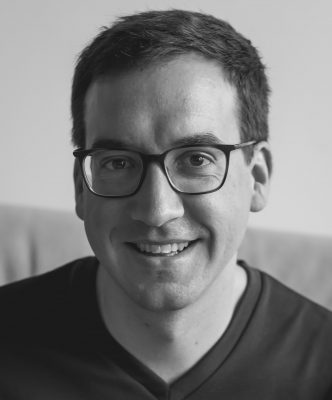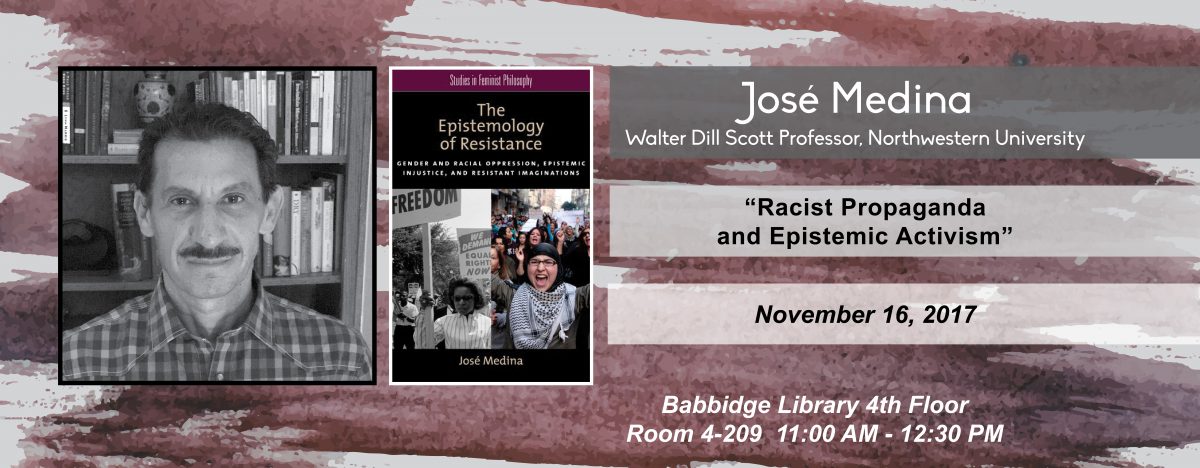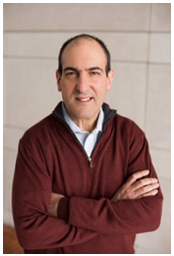 Sanford Goldberg
Sanford Goldberg
“Your Attention Please! (The Ethics of Address)”
March 26, 4:00-5:30 Babbidge Library, Heritage Room (4th Floor)
Sandy Goldberg (PhD Columbia University, 1995) works in the areas of Epistemology, Philosophy of Language, Philosophy of Mind. Goldberg’s interests in Epistemology include such topics as reliabilism, the epistemology of testimony, the theory of epistemic justification, social epistemology, self-knowledge, and skepticism. In the Philosophy of Mind and Language, his interests center on the individuation of the propositional attitudes, externalist theories of mental content and linguistic meaning, the semantics of speech and attitude reports, and speech act theory. A good sample of his work can be found in his four recent books, Anti-Individualism (Cambridge University Press, 2007), Relying on Others (Oxford University Press, 2010), Assertion (Oxford University Press, 2015), and To the Best of Our Knowledge (Oxford University Press, 2018).
There are various ways through which we try to capture another person’s attention. One of these ways – a particularly sophisticated way! – is to address them. After trying to highlight what it is to address another person, I argue that doing so generates a reason (for you, as addressee) to attend to the act. When the act of address is a speech act, matters are further complicated by the expectations parties bring, and (I argue) are entitled to bring, to an (anticipated) speech exchange. The upshot is that speakers who address an audience have a defeasible claim on the audience’s attention. To fail to attend to a speaker who addresses you and whose claim on your attention is not defeated, I argue, is to disrespect her as a rational subject. That this is an underexplored topic in social epistemology is unfortunate, since if I am right addresses form the foundation of most, if not all, attempts at joint action, including those that arise in the course of our attempts to share information with one another.
Working Group
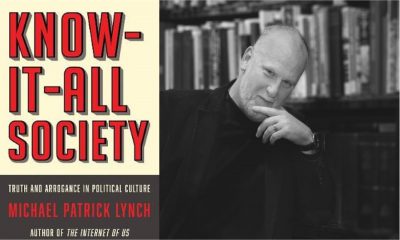
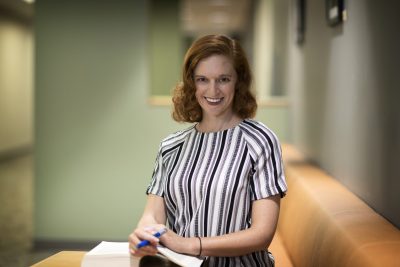 Rachel Wahl
Rachel Wahl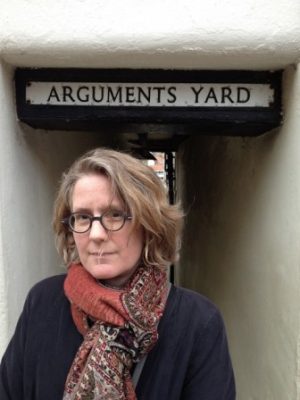 Jennifer Saul Professor of Philosophy
Jennifer Saul Professor of Philosophy Sanford Goldberg
Sanford Goldberg 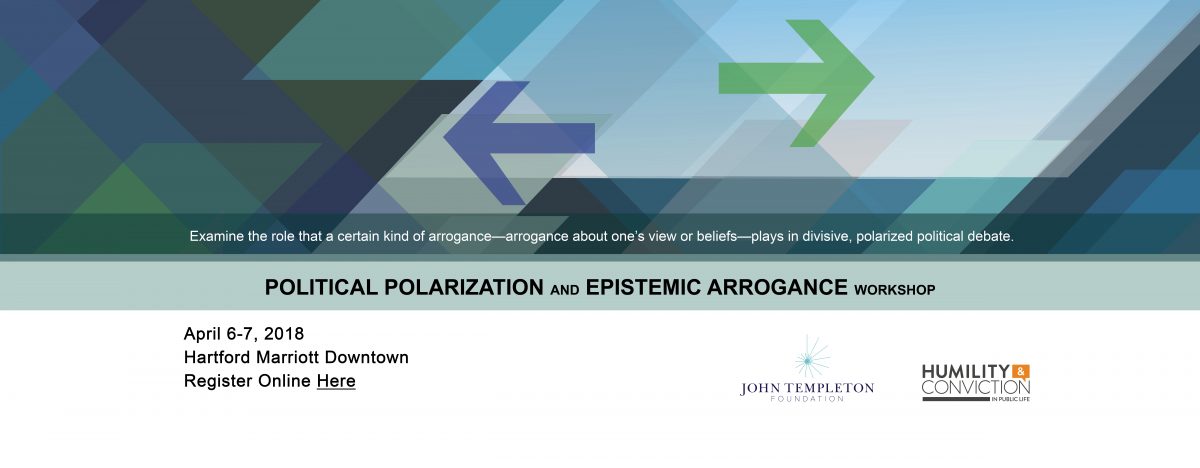

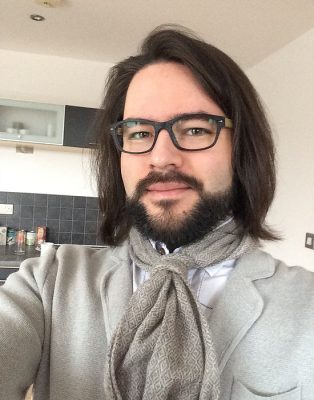 Trystan Goetze
Trystan Goetze 